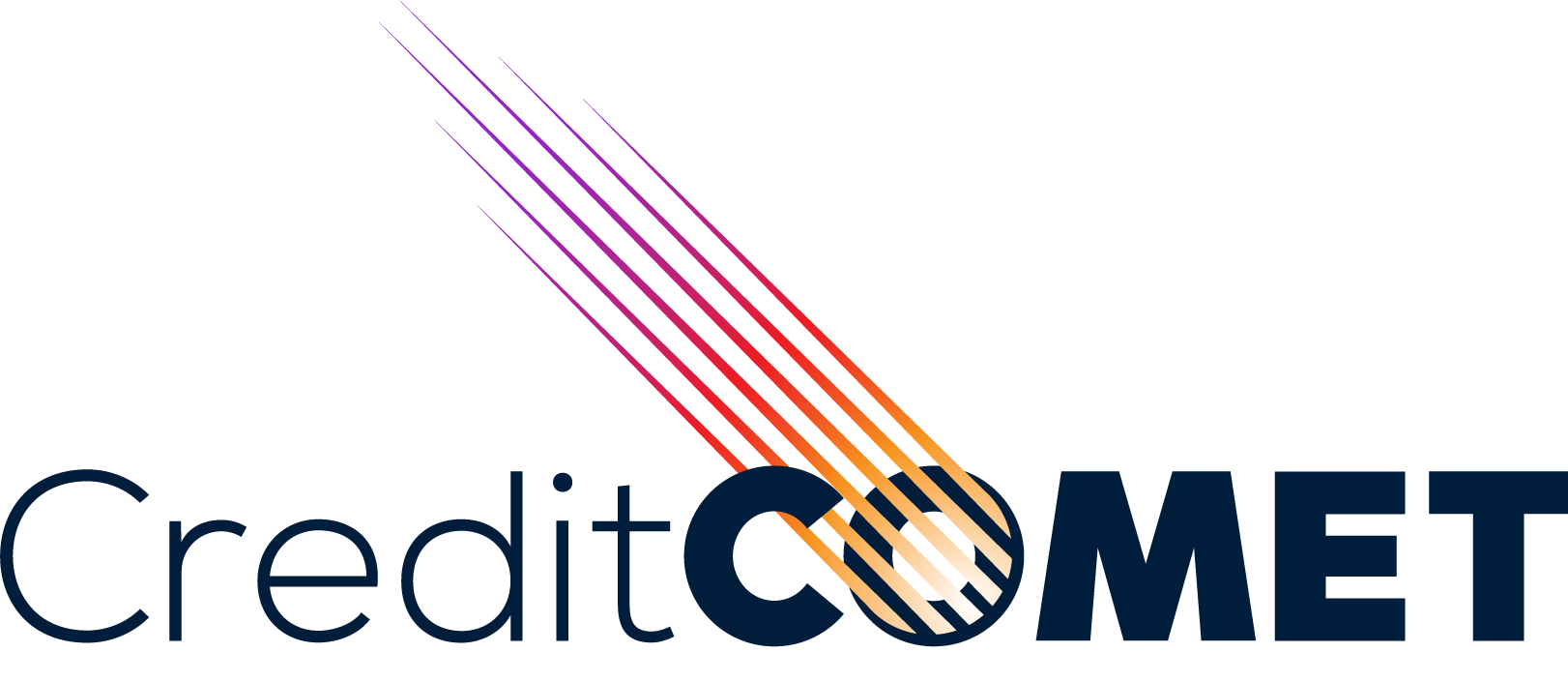In the complex world of personal finance, it’s not uncommon to find yourself facing challenges that seem insurmountable. If you’re struggling with mounting debt, high-interest rates, or simply feeling overwhelmed by your financial situation, seeking the assistance of a credit counselor could be a valuable step towards regaining control. In this blog post, we’ll explore the signs that indicate it’s time to seek the guidance of a credit counselor and how they can help you navigate the path to financial stability.
Signs You Need a Credit Counselor
1. Overwhelming Debt
If your debt feels like an ever-growing mountain that you can’t seem to conquer, it may be time to consult with a credit counselor. These professionals can assess your financial situation, create a realistic budget, and provide strategies for managing and reducing your debt.
2. High-Interest Rates
High-interest rates on credit cards and loans can significantly impede your ability to make progress in paying off your debts. A credit counselor can negotiate with creditors to lower interest rates, making it easier for you to make timely payments and ultimately save money in the long run.
3. Difficulty Making Minimum Payments
Struggling to make minimum payments on your credit cards or loans is a clear red flag. Credit counselors can work with your creditors to establish more manageable payment plans based on your income and financial capabilities.
4. Constantly Living Paycheck to Paycheck
If you find yourself consistently living paycheck to paycheck with little to no savings, a credit counselor can help you break the cycle. They can assist in creating a budget that allows you to cover your essential expenses, save for emergencies, and gradually build a financial cushion.
5. Lack of Financial Education
Understanding how to manage your finances is crucial for long-term success. Credit counselors not only provide immediate solutions but also offer financial education, empowering you to make informed decisions about your money and avoid falling into the same financial pitfalls in the future.
How Credit Counselors Can Help
Financial Assessment and Budgeting
Credit counselors begin by conducting a comprehensive assessment of your financial situation. They analyze your income, expenses, and debts to create a realistic budget that aligns with your financial goals.
Debt Management Plans
For those struggling with unmanageable debt, credit counselors can negotiate with creditors to establish debt management plans (DMPs). These plans often involve lower interest rates and more feasible payment schedules, making it easier for you to pay off your debts over time.
Credit Score Improvement
Credit counselors can provide guidance on improving your credit score. By following their advice and implementing responsible financial practices, you can gradually rebuild your creditworthiness.
Financial Education
Beyond immediate solutions, credit counselors aim to equip you with the knowledge and skills necessary for long-term financial success. They offer guidance on budgeting, saving, and managing credit responsibly.
The Benefits of Seeking Credit Counseling
Understanding the Stigma
Despite the many benefits credit counseling offers, there is sometimes a stigma attached to seeking financial assistance. It’s essential to dispel the myth that asking for help is a sign of financial failure. In reality, reaching out to a credit counselor demonstrates a proactive approach to regaining control of your finances and building a stronger economic foundation.
Breaking the Debt Cycle
One of the primary advantages of working with a credit counselor is breaking the cycle of debt. By creating a personalized plan tailored to your financial situation, credit counselors can guide you towards a debt-free future. They help you prioritize payments, negotiate with creditors, and develop strategies to eliminate debt efficiently.
Stress Reduction
Financial stress can take a toll on your mental and emotional well-being. Seeking credit counseling provides a structured and supportive environment to address your financial concerns. Knowing that you have a professional guiding you through the process can alleviate stress and provide peace of mind.
Avoiding Bankruptcy
For many individuals facing financial difficulties, bankruptcy may seem like the only option. However, credit counseling offers an alternative route. By helping you manage and reduce debt, credit counselors work towards avoiding the severe consequences of bankruptcy, such as a damaged credit score and long-term financial repercussions.
Establishing Healthy Financial Habits
Credit counseling goes beyond immediate problem-solving; it aims to foster long-term financial health. Counselors provide valuable insights into budgeting, saving, and responsible credit management. Learning these skills empowers you to make informed financial decisions and avoid repeating past mistakes.
The Importance of Regular Check-Ins
Credit counseling is not a one-time solution; it’s an ongoing process. Regular check-ins with your credit counselor ensure that your financial plan remains relevant and effective. Life circumstances can change, and having a professional to help you adapt your financial strategy ensures continued success on your journey to financial stability.
Conclusion
Seeking the assistance of a credit counselor is not a sign of weakness; rather, it’s a proactive step towards financial empowerment. Whether you’re facing overwhelming debt, high-interest rates, or simply need guidance on managing your finances, a credit counselor can provide the support and expertise you need. Remember, your financial well-being is a journey, and credit counseling is a valuable resource to help you navigate that journey successfully. Don’t hesitate to take control of your financial future – reach out to a credit counselor today.

